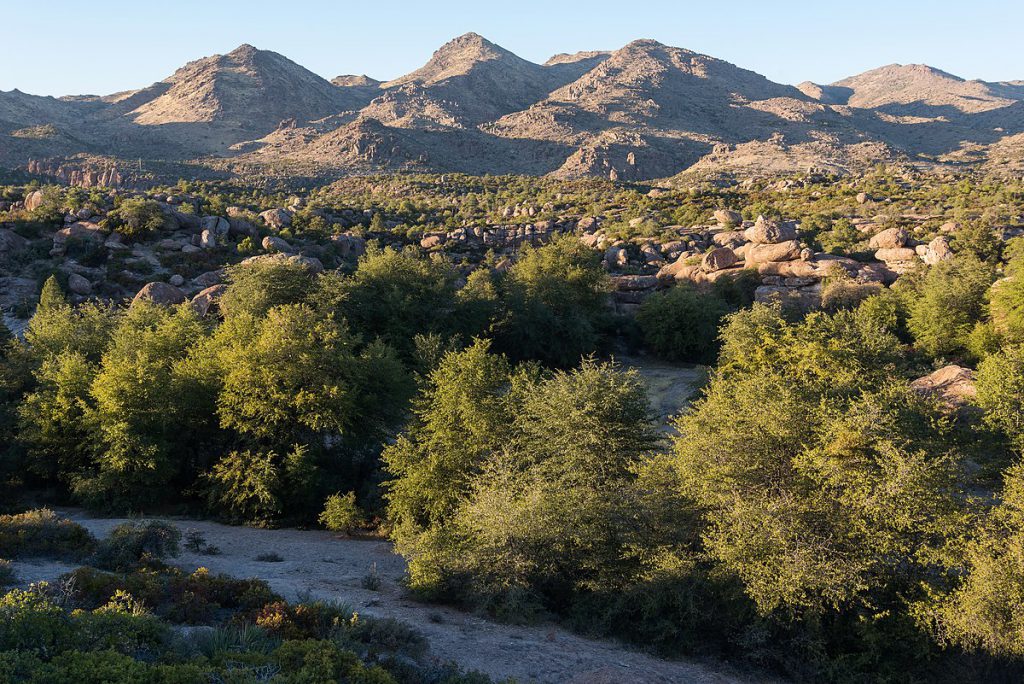
Miners from Australia to Canada are expanding operations despite concerns from indigenous groups about damage to wildlife, water supplies and religious sites, rankling investors who are pressuring the industry to improve its environmental, social and governance (ESG) standards.
Prices for gold, copper and iron ore, which have recently hit record or multi-year highs, have spurred a hunt for growth that risks ignoring lessons the industry should have learned after the destruction of the Juukan Gorge caves in Australia by Rio Tinto last year, according to institutional investors.
This is the second wave of pressure that investors concerned about ESG issues have laid on miners after successfully forcing mine waste standards updates in 2020, after a 2019 tailings dam collapse that killed 270 people in Brazil.
“I don’t think there’s an option of not changing behaviors,” said Adam Matthews of the Church of England Pensions Board.
Rio Tinto’s demolition of the Juukan sacred caves, which had permit approval, caused an outcry. Five executives linked to the incident have left or are planning to leave, including the chief executive and chairman.
Given miners have the requisite regulatory permits when undertaking projects that are later opposed by indigenous communities, legal and regulatory reform is critical, investors said
Given miners have the requisite regulatory permits when undertaking projects that are later opposed by indigenous communities, legal and regulatory reform is critical, investors said.
“In our discussions with listed companies, it is clear that practices are still widely varied and strongly influenced by regulatory requirements,” said Alison George of investment advisor Regnan, owned by Pendal Group, which manages A$98.4 billion ($75.73 billion).
The group sees “unfinished business in the area of law reform and revision to influential standards,” she said.
Canadian junior Baselode Energy Corp last month halted uranium exploration in the western province of Saskatchewan after the Birch Narrows Dene Nation said it lacked consent to conduct surveys on traditional lands.
“The province can’t be handing out these permits and running roughshod over our territories,” said Heather Bear, vice chief of the regional Federation of Sovereign Indigenous Nations.
CEO James Sykes said Baselode is in talks with communities to restart work.
Miners say they are doing their best to meet regulatory requirements and adjusting mine plans to meet the wishes of local groups while working to tight timelines.
“It hasn’t been perfect but we have been able to consult a lot of the community,” said Martin Plante, vice-president of Nunavut operations at Canadian gold miner Agnico Eagle.
Inuit in the Canadian Arctic territory said pandemic lockdowns have hindered talks with Agnico over its plans to pipe treated wastewater from its Meliadine mine into the Arctic Ocean and increase contaminants it can legally dispose in a nearby lake.
Agnico said pollution would fall within regulated limits and that it has tried to find ways to safely meet with Inuit during the pandemic.
In South Australia, Argonaut Resources will begin a major copper drilling campaign on Lake Torrens, a salt lake with fragile freshwater aquifers that is considered sacred by Aboriginal groups.
“It’s all about the benefits to the state of royalties, but for us it’s about preserving what we have left,” said Jason Bilney, chair of the Barngarla Aboriginal Corporation, who have ancestral ties to the area.
The state’s mines department last June awarded A$320,000 ($246,272) to the miner to drill the shoreline. The government said the drilling would not permanently harm the lake and that a separate permit would be needed to mine.
In New South Wales state, China’s Shenhua Watermark has proceeded with plans to build a new coal mine against the wishes of the local Gomeroi people, with the approval of the federal government.
Shenhua said it had adhered to all rigorous planning and environmental approval processes set out by state and federal government.
Some indigenous groups have been successful in slowing mine projects.
Native Americans opposed to Rio Tinto’s Resolution copper project in Arizona won a reprieve in March after the new Biden administration blocked a land swap needed for the project.
More investors have signed on to a November letter sent by the Church of England and other investors to 78 miners seeking information on their dealings with indigenous peoples and the standards they employ.
“As with tailings, we feel that (Juukan) has revealed a wider problem, and equally a need to question how the industry has been dealing with it,” CoE Pensions Board’s Matthews said.
($1 = 1.2994 Australian dollars)
(By Jeff Lewis, Melanie Burton and Ernest Scheyder; Editing by Marguerita Choy)
Comments